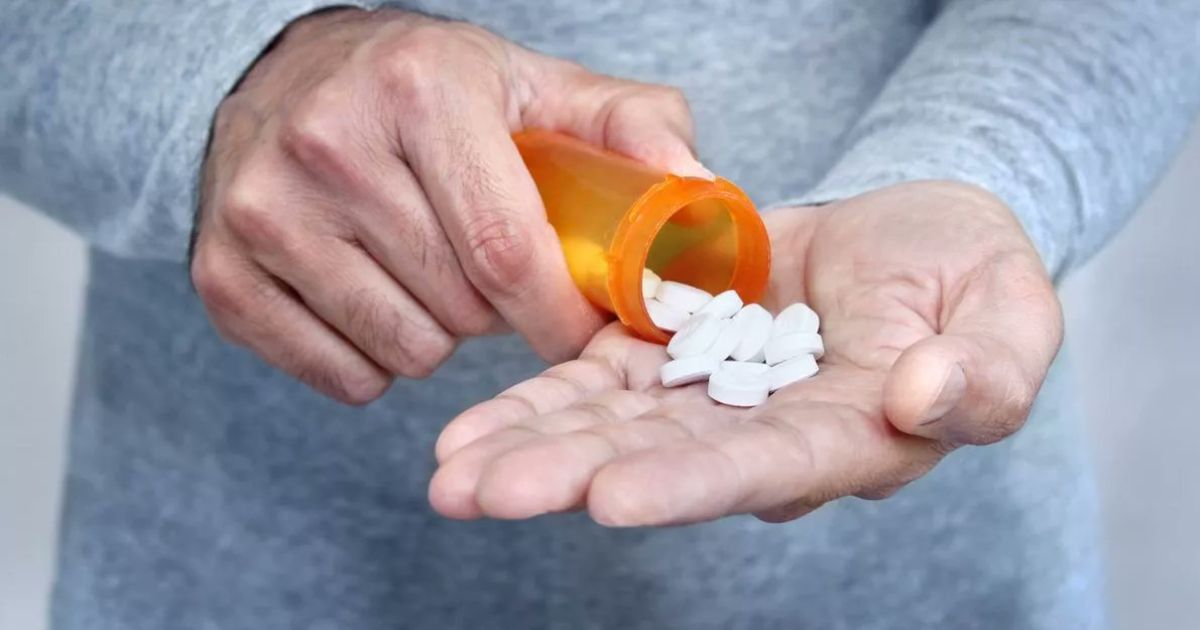Drivers in the UK might face dire consequences if found driving after consuming a specific set of medications. An expert in the field spoke up to caution drivers not to get behind the wheel if they have consumed any medication mentioned in the list. An individual may be fined £1,000 (nearly $1342) or even be prosecuted under specific conditions.
Greg Wilson, who serves as the founder of car insurance at Quotezone, issued a warning to individuals who drive. Wilson urged people not to drive at all if they are taking the medicines mentioned in the list.
In a chat with Birmingham Live, he went on to explain how these people could be charged for driving under the influence of these medications. “If you are on strong medications, it is likely that you will be recommended to avoid driving,” the expert noted.
A spokesperson for the Road Safety Charity spoke to Birmingham Live to explain how these medications might hinder an individual’s ability to drive. “Many prescription and over-the-counter medications impair the ability to drive safely,” they explained.
Somebody who is taking these medications might experience drowsiness, coordination problems, concentration problems, or even vision problems. The mediations can also affect a person’s reaction time.
DVLA warning as drivers on three common prescriptions could face banhttps://t.co/KSJZUwusiY
— The Chronicle (@ChronicleLive) July 24, 2025
The medication bottles contain the warnings for these symptoms, but often in extremely small print. Experts in the field note how the warning is often printed in “vague or small print,” which often goes unnoticed. “They may indicate there is a risk of impairment but not relate it to driving,” an expert adds.
“They may leave it to the user to judge their own level of impairment (which can be hard),” they add. The three commonly used medicines are usually opioid painkillers, tranquillizers, and a few types of antidepressants.
Wilson notes that people taking medications “that cause drowsiness or say ‘do not operate heavy machinery” should avoid driving too. The Driver and Vehicle Licensing Agency details how it is a violation of the law if an individual drives with legal drugs that impair their driving. The same rule applies to England, Scotland, and Wales.
Gov.uk notes how you are liable to be fined £1,000 if you fail to tell the DVLA that you have a medical condition that affects your driving. An individual also faces a risk of prosecution if they are involved in a car accident while being under the influence.
Drivers taking any of these three common medications could be ‘banned’ from roadhttps://t.co/VZl8jlr6X4
— The Daily Record (@Daily_Record) July 22, 2025
The UK government website has advised motorists to talk to their doctor before getting behind the wheel if they are prescribed any of the drugs mentioned in the list. The list on the website includes drugs like amphetamine, for example, dextroamphetamine or selegiline.
Clonazepam, diazepam, flunitrazepam, lorazepam, methadone, oxazepam, and temazepam are also included in the list. Morphine or opiate and opioid-based drugs, for example, codeine, tramadol, or fentanyl, are also mentioned on the official list.













